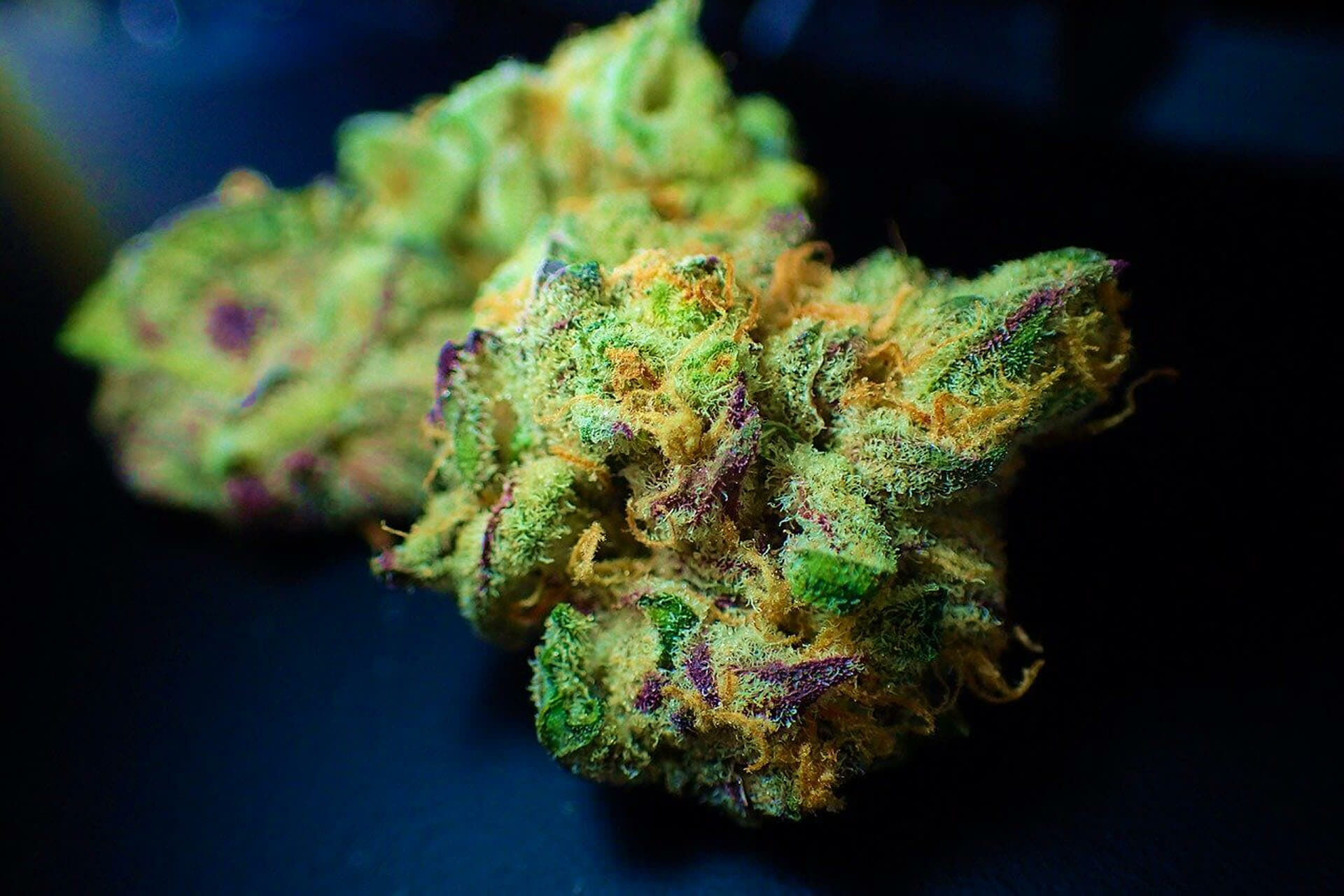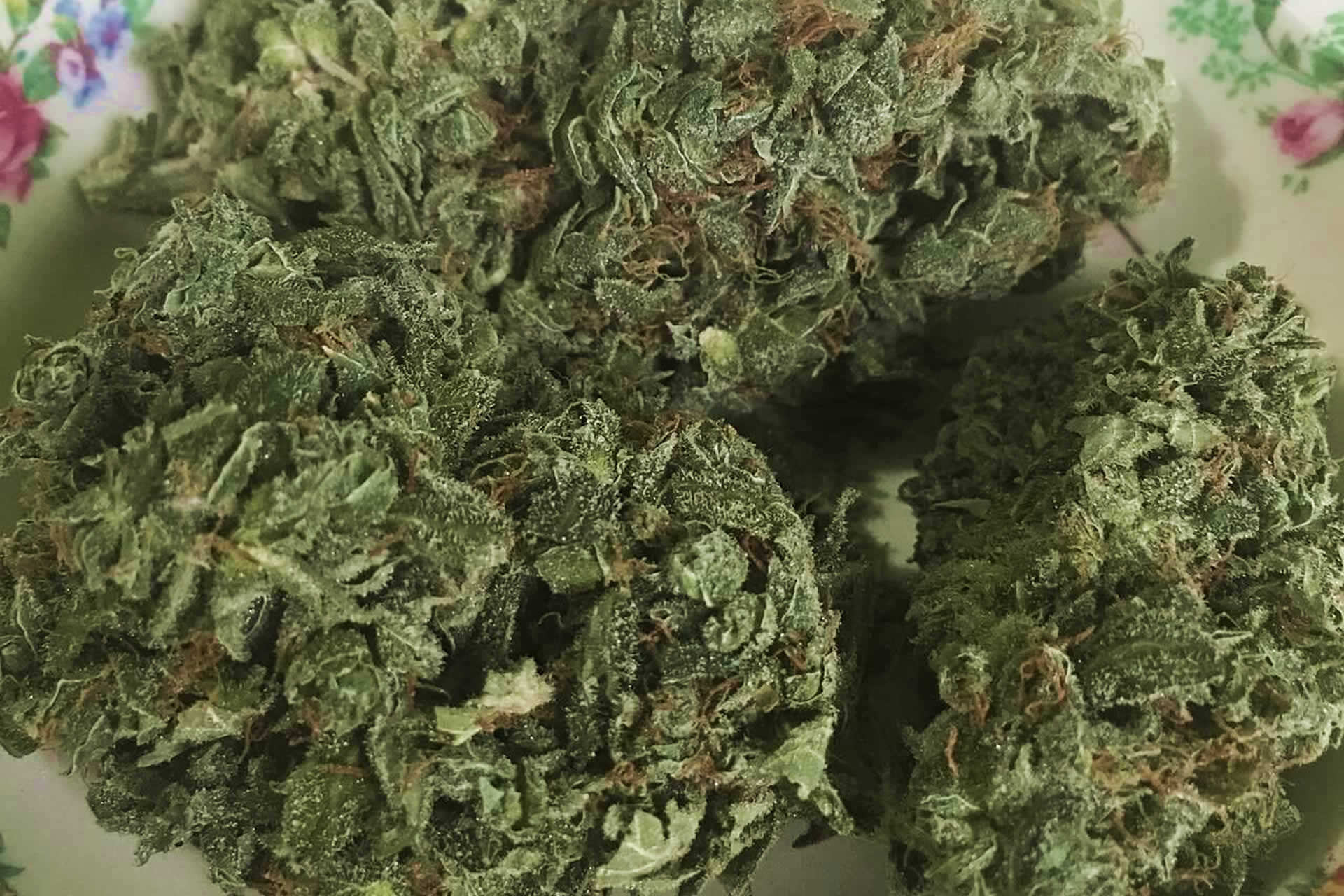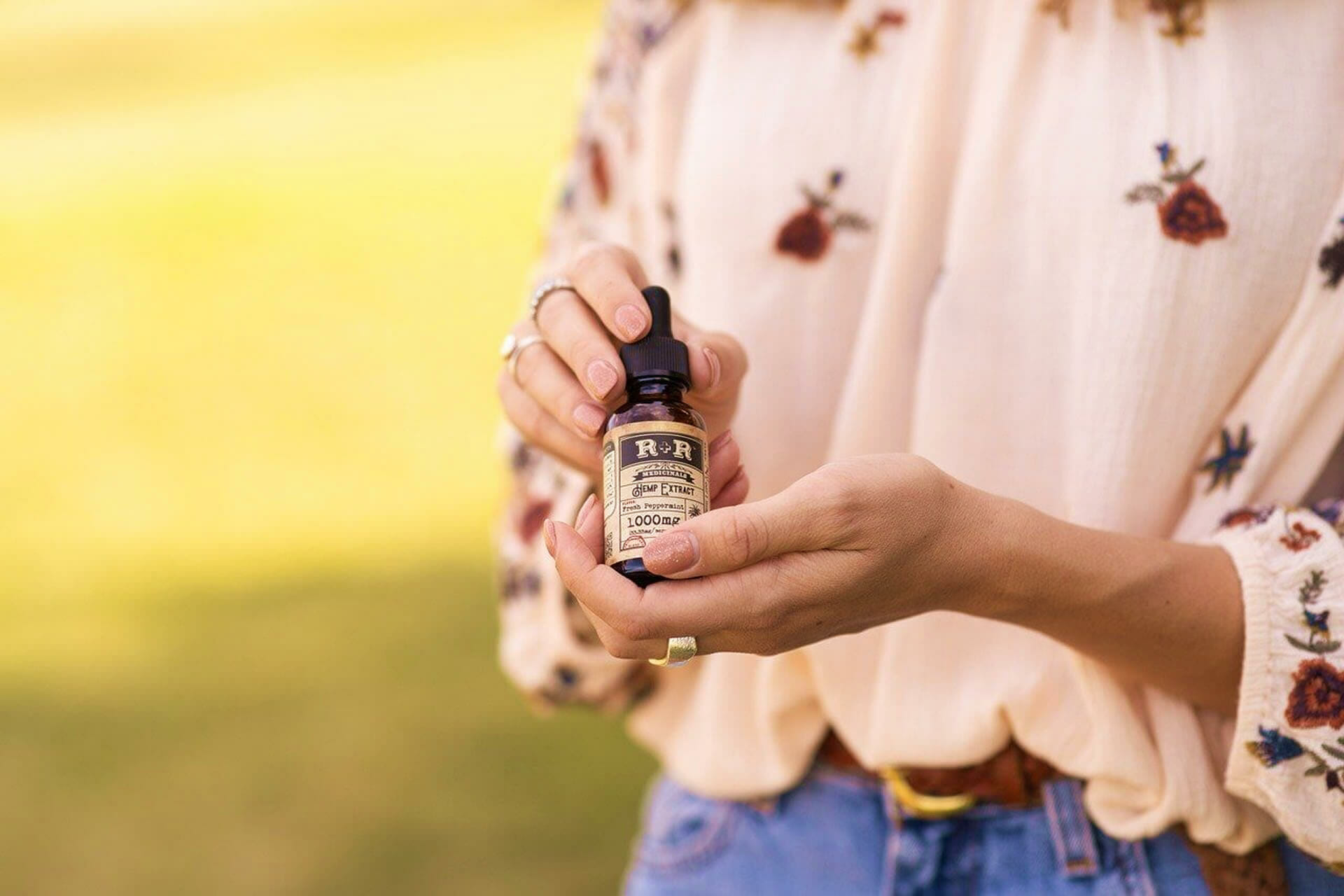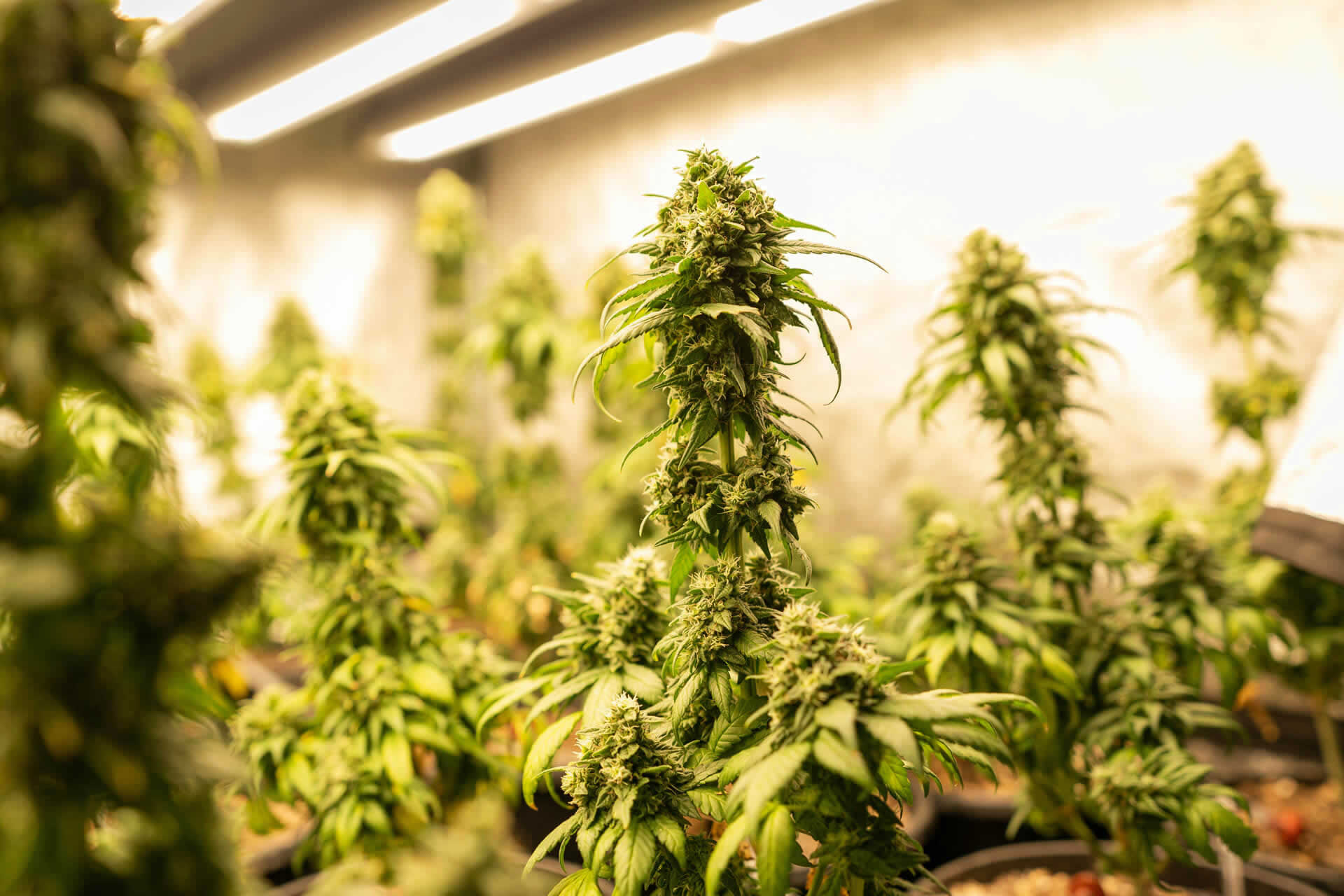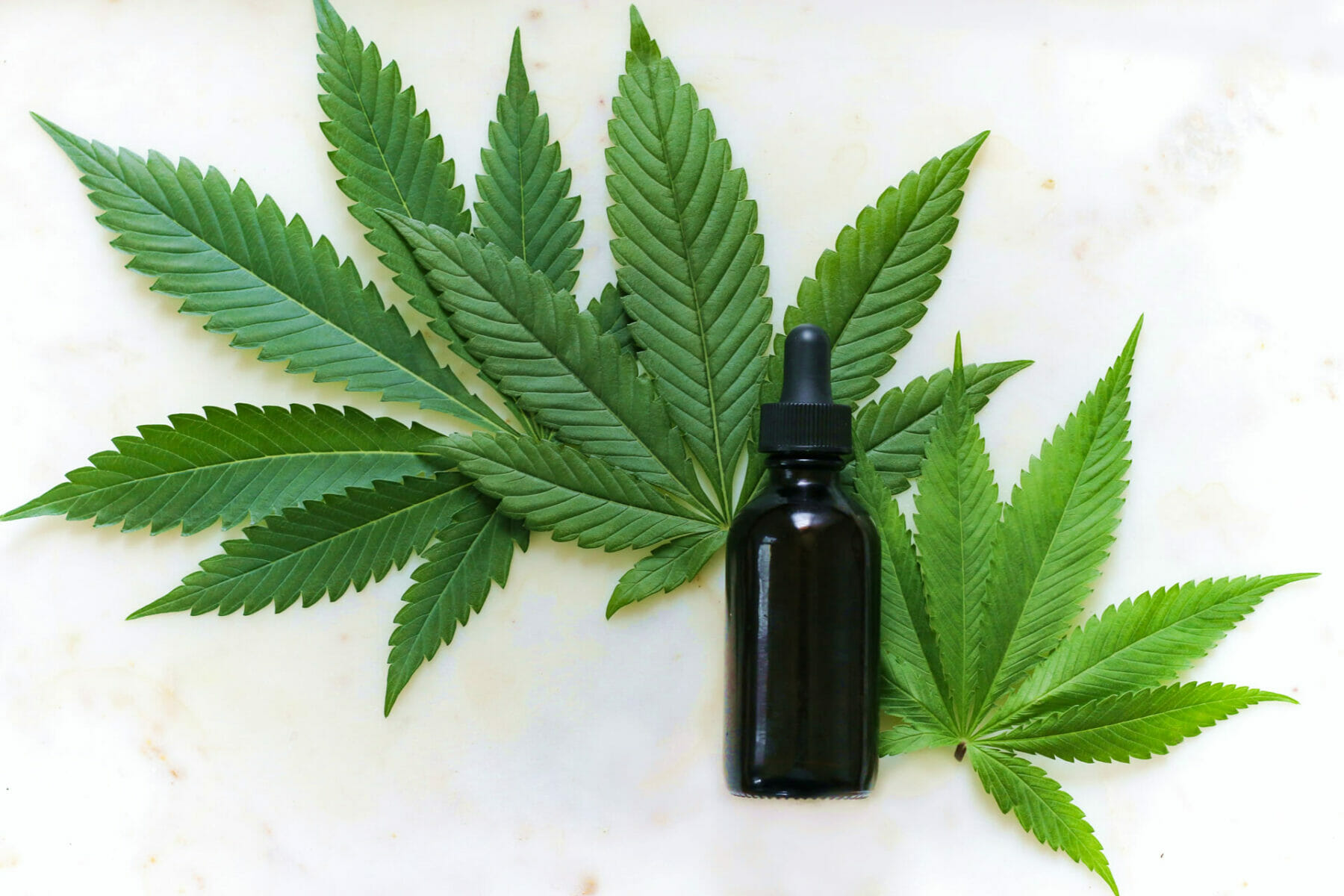Monthly Archives: July 2022
-
27 JulRead more »
HIV-related Symptoms And Medical Cannabis
In the United States, demand for medical marijuana is at an all-time high. There is substantial public support for using cannabis to treat a wide range of medical ailments.
For many years, infected persons with HIV have known that cannabis can help alleviate a wide range of HIV-related symptoms, such as nausea and neuropathic pain. Besides alleviating symptoms of HIV and the harmful effects of antiretroviral medications, research suggests that cannabis may be able to combat the virus itself.
Moreover, the antiviral properties of cannabis against HIV have been discovered in several investigations undertaken at well-known universities and reported in high-profile medical journals. There are a variety of techniques assessing the positive benefits of cannabis on HIV progression of the disease that has been documented in research.
Various HIV-related problems, such as HIV wasting syndrome and the adverse effects of -
21 JulRead more »
How Is It Different From Cannabis Sativa and Indica? What Is It?
The Cannabis Ruderalis Strain Uncovered
Most of you are undoubtedly familiar with Sativa and Indica, which are the two primary varieties of marijuana. However, did you know that there is a third form of cannabis known as Cannabis Ruderalis? This cannabis sub-strain is extremely durable and can withstand even the most severe weather conditions.
Furthermore, its auto-flowering features have made it into the grower's market. This article will look at the history of cannabis Ruderalis, its characteristics, and if it has any psychoactive qualities.What Is Cannabis Ruderalis, And What Does It Do?
Cannabis ruderalis was once considered an ancestor of other Cannabis cultivars, but it is now recognized as a separate species. Ruderalis is a resistant cannabis species that may grow wild in Central Asia and Russia. It's also a popular choice among cannabis breeders, who have been known
-
15 JulRead more »
What About CBD Oil
CBD is frequently extracted in oil form from the cannabis sativa plant and blended with an inert carrier oil, such as hemp seed oil, for usage. CBD oil has increased in popularity in recent times due to its presumed sedative effects.
The most well-known component of cannabis is delta-9-tetrahydrocannabinol (THC). It is a prominent psychoactive cannabinoid in the cannabis plant, liable for such "high" feelings commonly associated with the drug. On the other hand, CBD is not highly addictive in the same way that THC is.
Cannabidiol is created by separating CBD from the cannabis Sativa plant and incorporating it with natural ingredients such as coconut oil or hemp seed oil. CBD can be found in a wide variety of products, such as dietary supplements, bath soaks, drinks, and food, both online and in stores. It's gaining popularity in the medical and lifestyle world, with particular scientific research discovering that it can help with conditions -
8 JulRead more »
An Anti-inflammatory Influence?
Alzheimer's disease is well-known for its effects on remembering, cognitive functioning,
and everyday routines. However, what is less well recognized is the effects of this disorder, which is sometimes known as "neuropsychiatric symptoms." Neuropsychiatric signs, such as despair, anxiousness, indifference, and hallucinations, can be exceedingly upsetting for the patient with Alzheimer's disease and add to the caregiver's challenge and strain.
For many years, experts and specialists have speculated about the efficacy of cannabis for Alzheimer's disease, owing to its capacity to lower anxiousness and aggressiveness in the broader population. Pre-clinical investigations of cannabis in Alzheimer's disease have even shown that they may have an anti-inflammatory influence on how the illness impacts the body.Research On Cannabis And Alzheimer's Disease
Studies still have a lot to understand about cannabis's long-term




